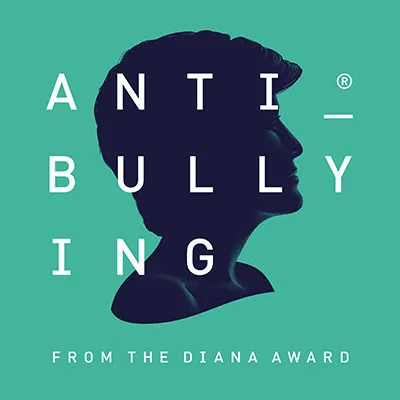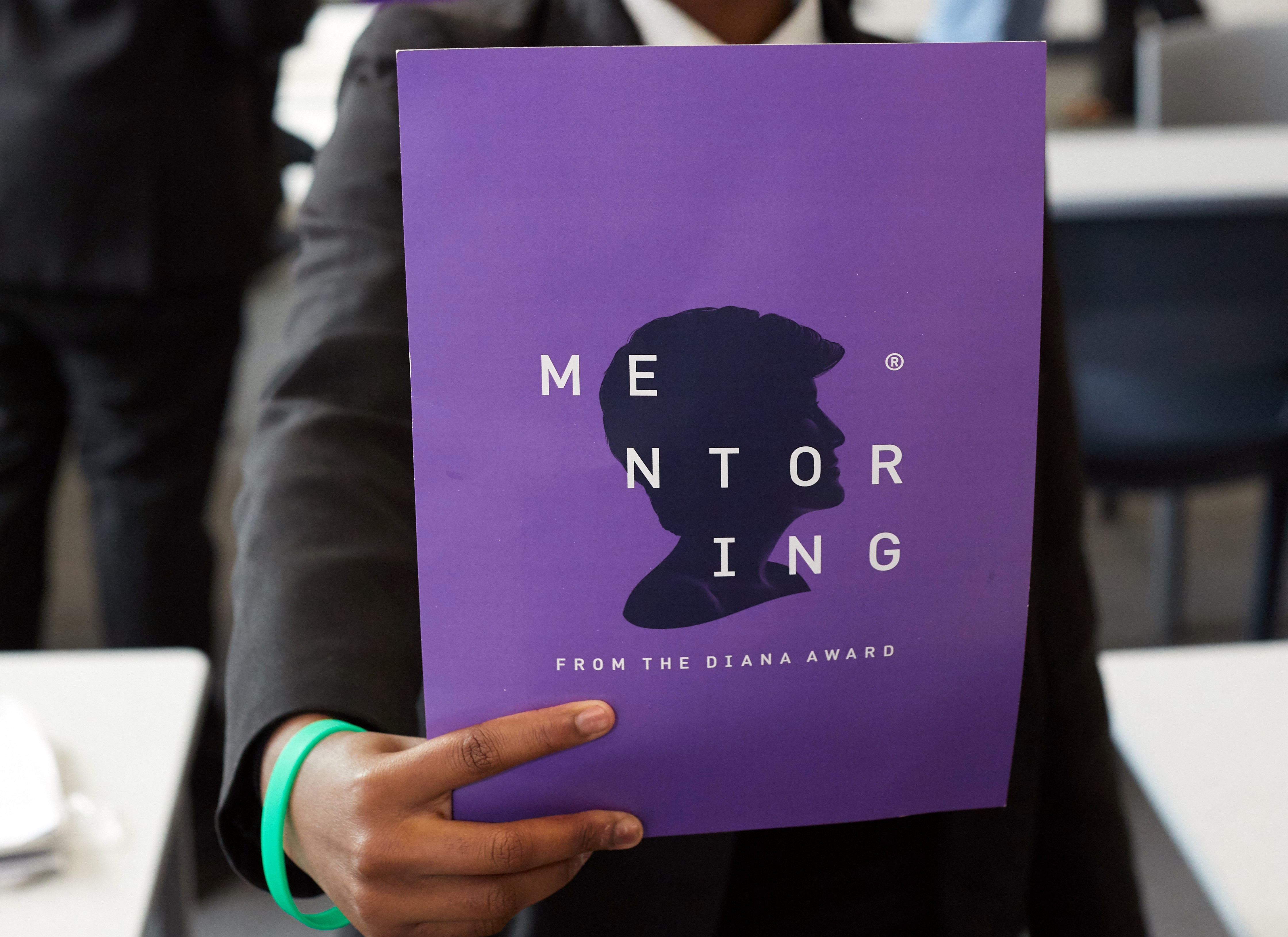Hi there! I’m Emily. My pronouns are she/her. I’m Vegan. A Feminist. An Anti-Bullying Campaigner with The Diana Award. I always forget to take a photo of my food for Instagram before I start eating. I’m rubbish at keeping plants alive. My guilty pleasure is loudly singing along to Taylor Swift when I’m alone. And I’m a suicide survivor.
This last part is often surprising to many people. But with one in four of us suffering from a mental health issue every year and one in 15 of us attempting suicide in our lifetime, is it really so surprising?
Alarmingly, research suggests that only one in eight adults with a mental health issue are currently receiving any kind of treatment . And while anyone can develop a mental health issue, certain groups are more likely to suffer from them than others; those who identify as LGBTQ+ are between two to three times more likely than heterosexual people to report having a mental health problem in England and over a quarter (26%) of young women aged between 16–24 report having a common mental health problem in any given week, compared to 17% of adults. Around 200 young people die by suicide in the UK every year and suicide is the biggest killer of young people aged 16-24 in the UK and the second biggest killer of young people aged 10-24 globally .
Experiencing bullying behaviour has also been linked to mental health issues and suicidal thoughts; in our recent survey, we found that almost half (46%) of young people have been bullied at school at some point in their life, with over half (54%) saying it negatively affected their mental health and well-being, 14% wanting to self-harm and 9% feeling suicidal. Almost half (45 per cent) of LGBTQ+ pupils who experience bullying behaviour for being LGBTQ+ never tell anyone about it . These sobering statistics are why World Suicide Prevention Day is so important: to raise awareness and encourage those who are struggling to seek help.
The Diana Award’s Anti-Bullying Ambassador Programme trains young people to be Upstanders against bullying behaviour – someone who stands up when they see something that isn’t right. When I was at school, I didn’t have an Upstander around to support me; I experienced verbal and physical bullying behaviour just for being myself. After months of torment and keeping the bullying behaviour a secret, I became severely depressed and began to self-harm. I couldn’t see a way out. Then, aged 13, I attempted suicide.
Fortunately, I received emergency medical support that saved my life. I finally told my parents about the bullying behaviour and they worked with the school to put a stop to it once and for all. I was referred to an amazing Child and Adolescent Mental Health Service (CAMHS) and, over the course of several years and with the support of friends, family and professional counselling, I slowly began to put myself and my life back together again. It was a long road to recovery, but I can now look back and see that what I experienced and felt was temporary and I’m extremely grateful to be here today.
Sadly, my story is not unique. Ben, a Diana Award recipient, lost his brother to suicide in 2018. Now a mental health campaigner, Ben encourages people to talk openly about mental health to reduce the stigma around them. Ben has had a dramatic impact on the teenage mental health community and has shown remarkable strength in the face of a sibling’s suicide. You can read more about Ben on his website.
Today, my mental health is the strongest it has ever been, and I haven’t struggled with depression in over a decade. If you are struggling, know that you are not alone and that there are people out there who can and want to help. As someone who has survived a suicide attempt in the past, I can tell you that the saying is cliché but true: It will get better. Or, as Taylor would say, ‘I’m doing better than I ever was.’
If you are experiencing suicidal thoughts, here are some tips towards feeling better:
Speak out. If you haven’t already, let someone you trust know how you’re feeling, like a friend or family member – they will be able to support you and, together, you can think through the next steps towards feeling better. If talking feels difficult, you could write them a note, text or email to start the conversation.
Find your Support Network. A support network is a group of people or organisations who you can turn to when you need help. Your support network could consist of a family member, friend, counsellor, teacher, GP, youth club leader, support helpline like the Samaritans or more. Remember that they are all there to help you. If you’re not sure where to start when seeking support organisations, check out our Support Centre.
Rediscover activities you enjoy. This is often easier said than done but it’s so important to make time to do things you enjoy or previously enjoyed such as painting, writing, hiking or meeting up with friends.
Look after your wellbeing. Try your best to eat healthy, exercise for at least 30 minutes a day and spend time outside in the fresh air and sunshine. These will all have a positive effect on your mood.
Avoid negative thoughts. It can be very difficult but try to avoid thinking about suicide and/or self-harm. Instead, find a distraction such as reading, watching tv or talking to a friend in person or on the phone.
Seek professional help. A professional counsellor can help you think through the steps towards feeling better and work with you to put an action plan into place. Visiting your GP can be a good starting point, as they can recommend and often refer you to a local support service in your area. If you are unable to speak with a GP, there are lots of other options – check out our Support Centre. Remember that you can also always contact a 24/7 helpline like Samaritans in a crisis.
Have hope for the future. The future can feel very uncertain but remember that others do get through suicidal thoughts and feel better. Remember that this is temporary; the emotions you are feeling now such as hopelessness, loneliness or isolation are not permanent – things can and will change in time.
If you are experiencing suicidal thoughts, here are some tips towards feeling better:
Recognise the warning signs and take them seriously. More overt warning signs include things like talking or writing about suicidal thoughts or self-harm, for example ‘I wish I hadn’t been born’ or ‘everyone would be better off if I wasn’t here’. Other warning signs include withdrawing from others and social activities and self-destructive behaviour such as excessive drinking. More subtle warning signs could be storing pills or other items that can be used in a suicide attempt or saying goodbye without warning to friends or family members.
Avoid blaming yourself. Sometimes, we can blame ourselves and wonder ‘what we did wrong’ to cause someone to feel suicidal. It’s important to remember that you are not responsible for their happiness and it’s not your job to ‘fix’ them.
Be yourself. Try not to worry too much about saying the ‘wrong’ thing and instead let your friend/family member know that you care and are there for them.
Listen without judgement. Experiencing suicidal thoughts can be very isolating so listen to your friend/family member and encourage them to share their feelings openly, without interrupting. It’s normal to feel upset or angry when hearing someone talk about suicidal thoughts but try to remain calm and supportive.
Encourage them to seek help. Work with your friend/family member to find out what support services are available and next steps you can take together to seek help. Check out our Support Centre for some suggestions.
Look after yourself. It can feel draining to support a friend or family member who is feeling suicidal, so make sure you have a good support network around you and that you make time for activities that you enjoy such as meeting friends, going outside for a walk in the fresh air and generally looking after your mental and physical wellbeing.
Further Support
If you or someone you know is struggling with mental health, self-harm of suicidal thoughts, speak out and seek support.
The Diana Award Crisis Messenger provides free, 24/7 crisis support across the UK. If you are a young person in crisis, you can text DA to 85258. Trained volunteers will listen to how you’re feeling and help you think the next step towards feeling better.
For details of how to access further support services, including Samaritans, head to The Diana Award’s Support Centre at antibullyingpro.com/anti-bullying-support-services If you are ever in immediate danger, call 999.
Anti-Bullying Ambassadors
The Diana Award Anti-Bullying Ambassadors are young people who are trained by us to tackle the attitudes, behaviour and culture surrounding bullying behaviour through peer-led campaigns.
For more information about our free training, check out: antibullyingpro.com/training. For free resources, check out: antibullyingpro.com/resources/ or to donate towards training an Anti-Bullying Ambassador, head to donate





